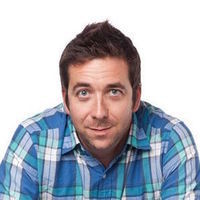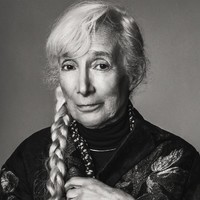Jake Halpern has written for The New Yorker and The New York Times Magazine and is a contributor to This American Life. His latest book is Bad Paper: Chasing Debt from Wall Street to the Underworld.
"I test out my stories on my kids. You should be able to tell any story, now matter how complicated, to a seven-year-old in a way that they understand. If you can't, that probably means that either a) you're telling the story wrong or b) it's not really a story."
Thanks to TinyLetter and Bonobos for sponsoring this week's episode.
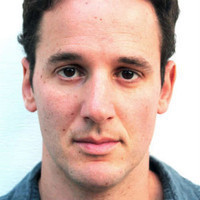







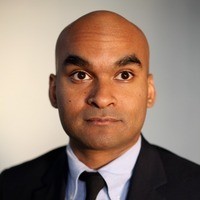






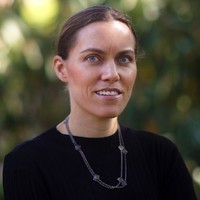
 Our new app for iPhone and iPad is almost here. Subscribe below and we'll let you know when it's available.
Our new app for iPhone and iPad is almost here. Subscribe below and we'll let you know when it's available.